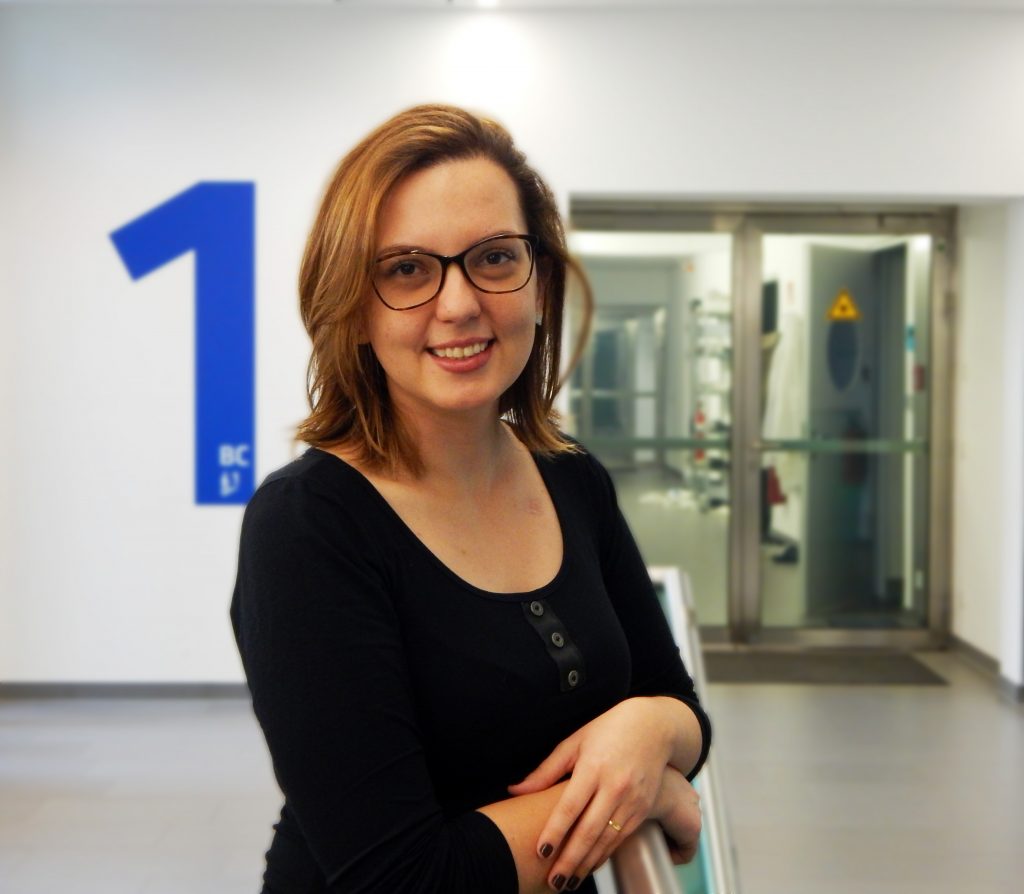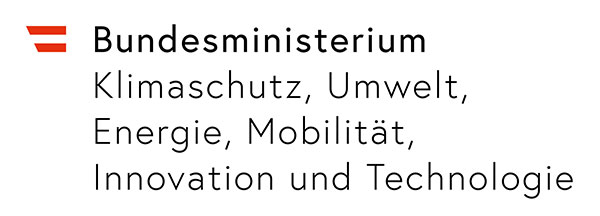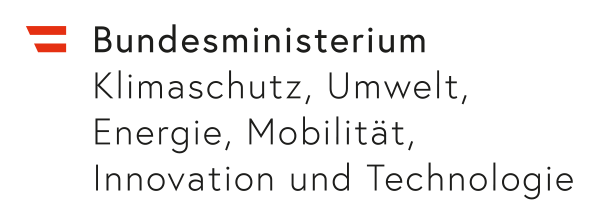Ihr könnt Hipassia Moura, Forscherin am Institut für Materialchemie an der Technischen Universität Wien. kennen lernen.

Hipassia Moura arbeitete viel im Ausland (Piemont/Italien, Gainesville/Florida, jetzt Wien). Für die FIT Info Tage am 29. Jänner 2019 bei unserem ftiremixed Speeddating stellt sie sich den Fragen der Schülerinnen. Wenn ihr Fragen zu “Arbeiten im Ausland” habt – könnt ihr diese Fragen gerne an Frau Moura richten.
As an adolescent, my most favourable thing to do was:
As any adolescent, I loved listening to music. Because of that, I’ve always tried to learn something new related to music: I’ve started guitar lessons and dancing classes, but I’m definitely not good at those activities at all. I think this is the age to try everything and find our true passion. In my case, I realized I’ve had an interest in the “hows and whys” of the world. I loved going to the countryside with my father to observe the sky and the stars. Although I didn’t know it was called “science” at the time, I loved to figure out universe’s mysteries.
My favourite subject in school was
Since my very beginning in school, Mathematics has been my favourite subject. I love the magic of the numbers and how we can predict so many events using this fabulous tool called math. But, since I was introduced to Chemistry in high school, I thought “Wow! This is a fabulous way to understand our world, it connects other sciences to each other, such as biology, geology, and environmental science. And, of course, mathematical calculations are absolutely necessary to explore important concepts in chemistry.”
If I would start my studies now I would choose:
If I would start a new study, it would be in the field of conservation and restoration of art objects and cultural heritage. Over time, these objects age and wear out. To take care of these delicate materials it is necessary to have a strong knowledge on Chemistry. And, I’d love to prepare and apply new materials to promote the conservation and restoration of cultural heritages produced in the human history.
My role model is
Although there is no gender limitation for knowledge, I use to get inspired by all of those brilliant women we had in the history of science. One of them in particular is Hypatia (to whom my name pays a honour). Possibly born in 370 AD, she was one of the notable thinkers of her time, as well as one of the first women to study and teach mathematics, astronomy, and philosophy. Treating all her students equally, being tolerant, rational and a defender of scientific rationalism made Hypatia’s time very difficult into a context of conflict between religion and science in the city of Alexandria. The life of a strong and brilliant woman, struggling for her ideals in a Christian society when women had been denied access to knowledge, is definitely my kind of inspiration.
For me research is:
Research is the freedom to investigate any subject or questions that interest you and/or the world issues, while also helping people through your discoveries. It is an exciting opportunity to explore an issue in real depth. I’d say Research is a ‘methodized curiosity’. We start with a question or a challenge, then we check if things are plausible or fit for purpose (which means lots of literature research). After, we test our hypothesis, ideas or theories (which translates in several experiments). Then, we analyse, discuss and reflect about our findings. It’s proven, then we get it published. But more than this, we produce knowledge and materials that will cause an important impact on someone’s life.
What I am currently working on is:
Ultimately, I’m conducting a project on the environmentally friendly production of dyes inside the cages of porous solids. This type of material finds application in several fields, e.g., biosensors, therapeutic carriers, smart textiles, solar cells and sustainable energy. The preparation of both colorant and porous solids can be performed in water, but special conditions are needed like high temperature and pressure. The method I’m working with, named Hydrothermal synthesis (HTS), is inspired by natural ore formation. In a typical HTS experiment, the starting compounds are dispersed in water and the mixture is heated to elevated temperatures in a closed vessel named autoclave. Compared to water under ambient conditions, the properties of the liquid as well as the gaseous phase change significantly in the confined area of the vessel, which enables a plethora of reactions to be proceed and the preparation of different types of outstanding materials.
When young people decide about their professional careers, I would like to tell them:
My first advice is to think about the things that really light you up. Whatever path you decide to take, put your heart in. Whatever career you choose, it requires special talents, as much as intelligence and diligence. Besides dealing with several obstacles, reaching a successful position in your field is very demanding and requires dedication and perseverance. Sometimes your work plan comes back with negative results, or no one will support your super idea. The most important task is facing these problems head-on and not quitting during uncertain times. So, imagine yourself doing a job every single day, can you do it with a smile on your face? Are you going to be able to reinvent yourself every day in that field? Can you positively impact someone’s life? If at the end of the day you are happy and satisfied with your achievements, that’s what is going to motivate you for the next day.
I would like to talk about the following prejudice in relation to science/scientist:
In my scientific career I would say that I’ve been fortunate. Nevertheless, not all of my women colleagues with great potential and ambition succeed at their careers in science because of a complex set of unfortunate circumstances like moral harassment and lack of confidence and trust by their supervisors, which is an important topic I would like to approach.
My favourite video on Youtube is:
I really like TedTalks (you can find it on youtube or at their own page: https://www.ted.com/). The videos are presented by selected specialists and also very good speakers that motivate you. You can find very interesting videos about any topic from A to Z (e.g. Science, Medicine, Religion, Human behaviour, Relationships, Animals, Sustainability, whatever you like or would be interested).


